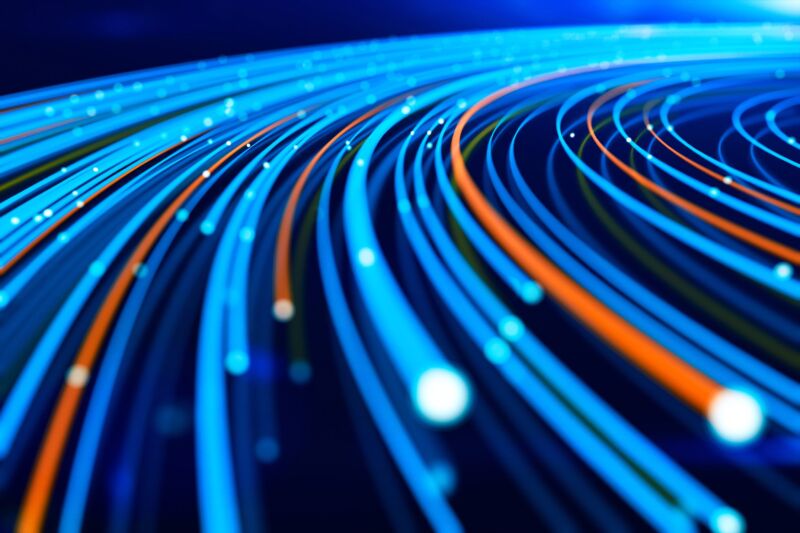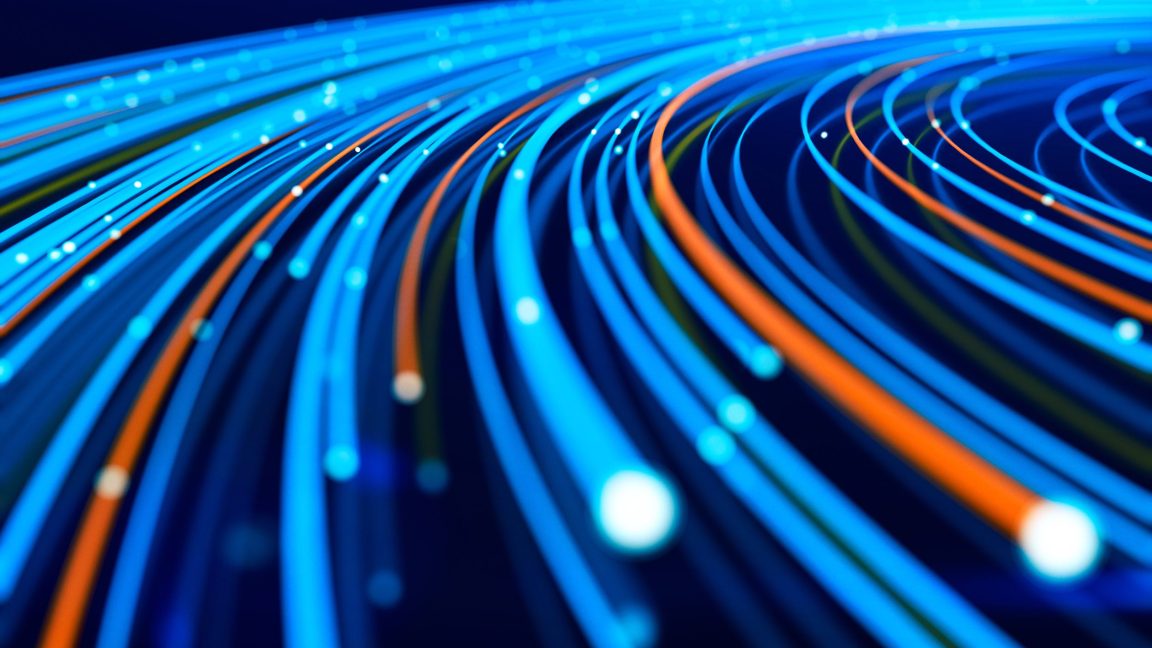Spyxos
Member

"T-Mobile, AT&T and Verizon are all testing ways to create these 5G fast lanes for apps such as video conferencing, games, and video where the ISP chooses and controls what gets boosted," van Schewick wrote. "They use a technical feature in 5G called network slicing, where part of their radio spectrum gets used as a special lane for the chosen app or apps, separated from the usual Internet traffic. The FCC’s draft order opens the door to these fast lanes, so long as the app provider isn’t charged for them."
Van Schewick warns that carriers could charge consumers more for plans that speed up specific types of content. For example, a mobile operator could offer a basic plan alongside more expensive tiers that boost certain online games or a tier that boosts services like YouTube and TikTok.
Ericsson, a telecommunications vendor that sells equipment to carriers including AT&T, Verizon, and T-Mobile, has pushed for exactly this type of service. In a report on how network slicing can be used commercially, Ericsson said that "many gamers are willing to pay for enhanced gaming experiences" and would "pay up to $10.99 more for a guaranteed gaming experience on top of their 5G monthly subscription."

ISPs can charge extra for fast gaming under FCC’s Internet rules, critics say
FCC plan rejected request to ban what agency calls “positive” discrimination.
 arstechnica.com
arstechnica.com
Last edited:



